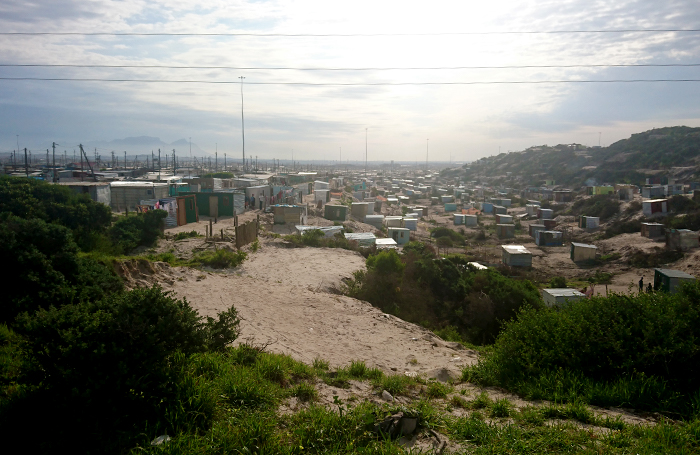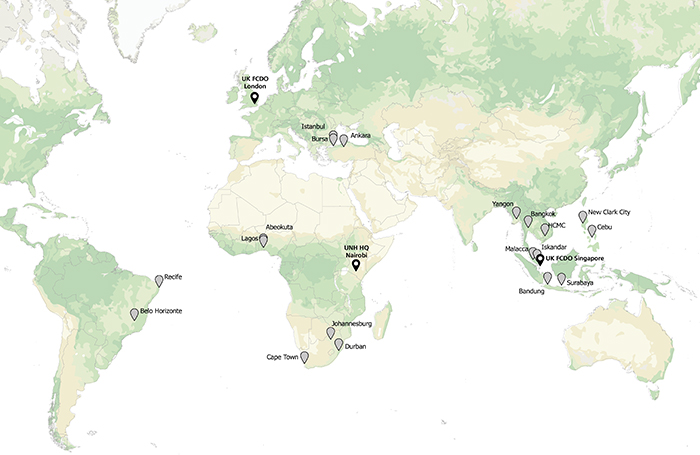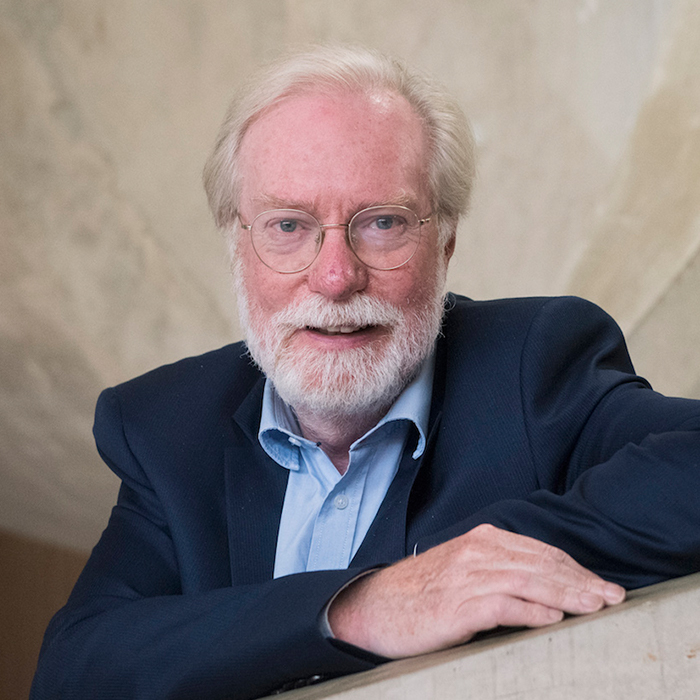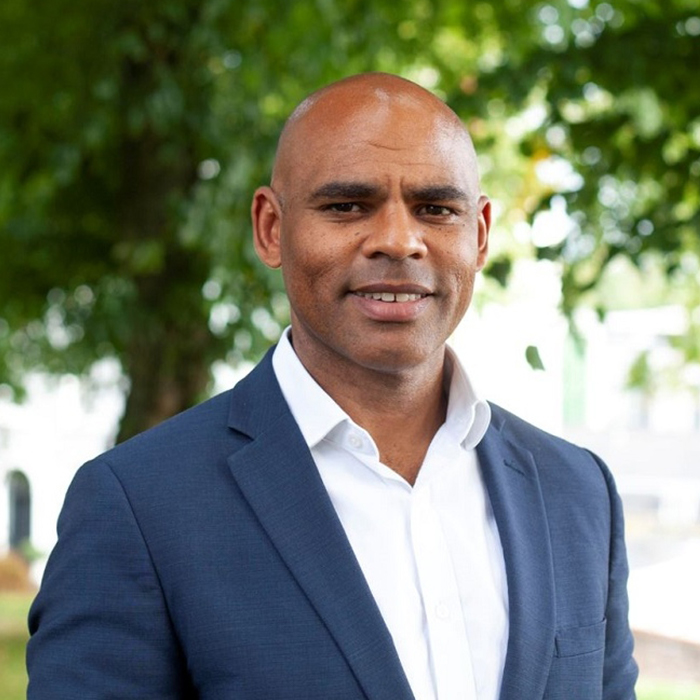The world is rapidly urbanising. With almost 70% of the world’s population predicted to be living in cities by 2050, making cities sustainable is the only way for us to have a shared sustainable future. At the same time, there is a global imbalance in the very professions that can help create sustainable cities such as planners, architects, landscape architects, and structural engineers. The wealthy global north, already largely urbanised, has the highest numbers of built environment professionals, institutes and academic centres. In contrast, in "middle and lower-income countries," where urbanisation is most rapid, and the need most pressing, there is a significant capacity gap.

This is the background that led to the formation of the UK Built Environment Advisory Group (UKBEAG), a collaboration between the Royal Institute of British Architects, the Royal Town Planning Institute, the Institute of Structural Engineers, and the Landscape Institute. The group brings the skills of the institutes, their members, and wider UK expertise to support governments and agencies across the world. Membership of the UKBEAG is a part of the RIBA’s commitment to “develop programmes to build international capacity in the built environment sector, to help drive sustainable development and ethics in practice” as outlined in our Ethics and Sustainable Development Commission.
It is also the background that led the UK Government to develop the Global Future Cities Programme (GFCP). The GFCP, funded through the UK’s prosperity fund, works with 19 cities in 10 "middle income" countries, to help improve the way they are planned and managed. The primary objectives of the programme are to increase local prosperity, quality of life, inclusive economic growth and reduce gender inequality. The secondary benefits recognise the opportunity to develop a mutually beneficial two-way trade. Just like much of the RIBA’s work on the climate emergency, the UN Sustainable Development Goals underpin the programme.
Given this shared background, it made perfect sense for the UKBEAG to engage with UN-Habitat as a strategic and capacity building partner in the delivery of the UK Government’s Global Future Cities Programme. This also involves working with a group of delivery partners (Mott MacDonald, Arup, EY, PWC, and Adam Smith International), whose role is to deliver technical projects, that serve as examples of good practice, in each of the cities. These technical projects include:
- transportation: technical assistance to support cities to develop integrated multi-modal public transport systems
- urban planning: spatial restructuring
- resilience: develop strategies to address the impact of climate change and ensure development is sustainable as outlined in the Global Future Cities Prosperity Fund
The programme itself is being delivered in two parts, a strategic phase, now complete, and an implementation phase. The strategic phase (May 2018 to April 2019) uncovered the relevant needs of the cities and so defined the projects. The implementation phase will see the projects delivered and will run until 2022, budget permitting.

The 19 cities engaged in the Global Future Cities programme are:
- Abeokuta, Nigeria
- Ankara, Turkey
- Bandung, Indonesia
- Bangkok, Thailand
- Belo Horizonte, Brazil
- Bursa, Turkey
- Cape Town, South Africa
- Cebu City, the Philippines
- Durban, South Africa
- Ho Chi Minh City, Vietnam
- Iskandar, Malaysia
- Istanbul, Turkey
- Johannesburg, South Africa
- Lagos, Nigeria
- Malacca, Malaysia
- New Clark City, the Philippines
- Recife, Brazil
- Surabaya, Indonesia
- Yangon, Myanmar
In the strategic phase, the UKBEAG carried out market maturity and professional capacity assessments through visits to each of the 19 cities in the programme. These contributed to a definition of the project. The detailed understanding of city needs, acquired as a result, also led to the delivery of a week of training and dialogue in London, with representatives of each of the cities attending. The training delivered capacity development from a range of UK experts, covering relevant topics including planning, transport, sustainability, standards, heritage, and the use of data. It was also an opportunity for each of the participating cities to share their experience and expertise and gave momentum to the wider programme.
In the current implementation phase, the UKBEAG is delivering a Capacity Development Programme made up of three elements:
A thematic programme considers the shared challenges the cities face through a series of online knowledge exchanges. The themes that have been identified in partnership with the cities are:
- integrated and inclusive urban planning
- evidence-based design and the effective use of data
- governance and collaboration
- project finance and procurement
- implementation and enforcement, monitoring, and evaluation
An introductory Capacity Development session, held on 21 January 2021, considered the recovery from COVID-19 in the context of "building back better," and demonstrated the continuing importance of the SDGs as a framework for delivering sustainable urbanisation. It featured introductory remarks from the UKBEAG, the FCDO, and UN-Habitat together with contributions from Sir Paul Collier CBE, Director of the International Growth Centre, and Mayor Marvin Rees from Bristol City Council.


The thematic programme's delivery will run until March 2021. Recordings of the knowledge exchanges are available through the Global Future Cities website.
After the thematic programme (subject to confirmed budget), the UKBEAG will deliver a series of country-focused events, each tailored to the specific needs of each country.
The UKBEAG will also facilitate a series of city to city knowledge exchanges in which the themes of the programme will be practically explored among the participating cities to facilitate shared learning. Both events will run until 2022.
The UKBEAG’s involvement in this programme has demonstrated how, when working collaboratively, our professional institutes can make UK expertise available to those managing urbanisation, and the climate emergency. This programme also demonstrates how we can all learn and benefit from global engagement, and how we can help to achieve the UN Sustainable Development Goals.
Adrian Malleson
RIBA Programme Director, Global Future Cities Programme.









